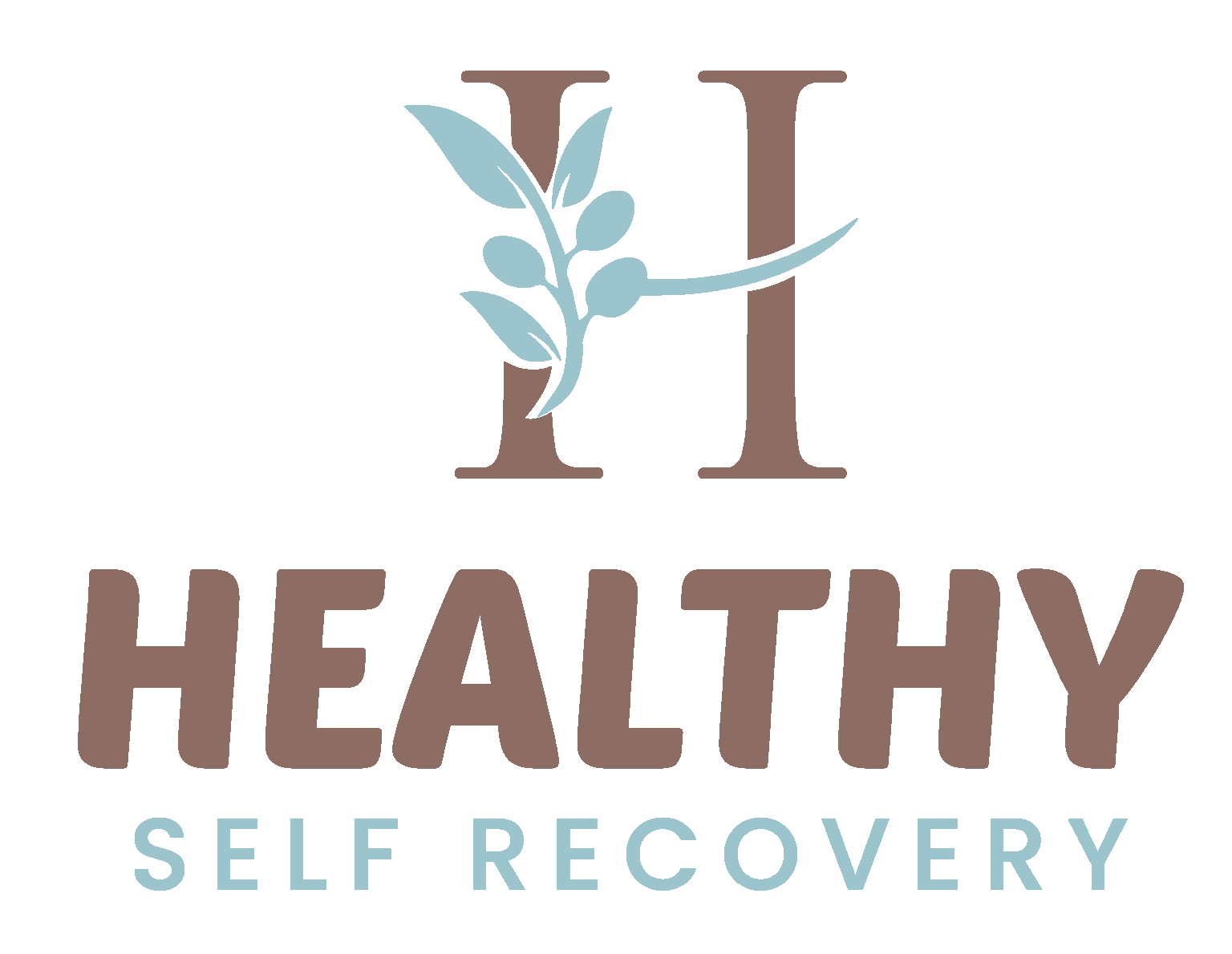Eating disorders are serious mental health conditions, and recovery is a complex process that requires a multifaceted approach. While traditional therapy, medical treatment, and working with a specialised eating disorder dietitian are the essential foundations of recovery, many people find that working with a certified eating disorder recovery coach provides the additional support that really supports progress and makes recovery more sustainable. This blog will explore how eating disorder recovery coaching complements traditional therapy and fills the gaps that traditional eating disorder treatment misses.

Eating Disorder Recovery Coaching Complements Therapy and Medical Treatment
It is crucial to emphasise that recovery coaches do not in any way replace therapists or dietitians, but rather their role is to work alongside them and to be an adjunct to the work done with these professionals.
An eating disorder recovery coach‘s area of expertise is addressing the everyday difficulties and challenges faced by someone living with an eating disorder. Rather than focusing on the causes of the eating disorder they focus on how the eating disorder they focus on how to manage the thoughts, beliefs, and behaviours that occur on a daily basis. With their client’s permission, a recovery coach will always communicate and collaborate with a therapist so that recovery goals are aligned and a client’s support is as seamless as possible.
Having this type of comprehensive and multidisciplinary approach, alongside work with a dietitian, leads to a more effective approach to recovery and better outcomes.
The Role of Lived Experience in Eating Disorder Recovery
Working with a certified recovery coach like me, who has personally gone through the journey of recovery and overcome an eating disorder, offers a very unique type of support. Recovered coaches have an unparalleled level of understanding of the thoughts, fears, beliefs, and challenges of living with an eating disorder. This lived experience allows us to truly be able to empathise with how overwhelming, lonely, and difficult recovery can feel.
Working with someone who has walked the same difficult path you are on immediately builds a sense of trust and safety. Having a shared journey means that you can receive support that is completely judgment-free and rooted in a genuine understanding of your experience. When a coach appropriately shares parts of their own recovery journey, this can be a very powerful source of hope for those still in the depths of their eating disorder, but also provides a tangible example that full recovery is not only possible but achievable.
Accountability and Ongoing Support
It’s not uncommon for someone, even when committed, to implement the goals and changes agreed to in therapy or dietitian appointments. This is where the accountability offered by a recovery coach via regular check-ins and daily messaging becomes vital. These consistent touchpoints ensure that there is always support to problem-solve challenges in the moment and to stay accountable to weekly recovery goals and action steps. This regular and dependable accountability is key to keeping motivation and momentum going in recovery.
Setting Achievable Goals
Eating disorder recovery can feel very overwhelming, and this is where a recovery coach can help by working closely with clients to set realistic and measurable goals that are tailored to their unique situation and challenges. Coaches work with clients to help bring clarity by breaking down larger recovery objectives set by therapists or dietitians into manageable and realistic steps. This collaborative approach allows for steady steps towards recovery to be taken and helps clients feel increasingly empowered as they make progress.

Skills for Daily Life
True recovery involves more than just stopping problematic behaviors; it centers on building inner strengths like resilience, self-awareness, and self-compassion. These qualities are vital for ensuring recovery is lasting and for preventing a return to eating or exercise-related coping tools. It is really crucial that the strategies someone acquires are ones that will continue to serve them as life evolves and changes. This means helping equip clients with a variety of effective coping techniques to manage the triggers and urges that inevitably come up in everyday life, learning to identify and challenge negative self-talk, managing emotions, establishing consistent self-care routines, setting personal boundaries, communicating clearly and assertively, and other concrete tools to integrate sustainable recovery into their everyday lives.
Bridging the Gap Between Sessions
Recovery coaches play a crucial role in bridging the gap between traditional therapy sessions. They do this by providing consistent daily support and accountability, which is often not feasible for therapists or other healthcare professionals due to time or legal constraints. Coaching is designed to be highly flexible, taking place at any time and in various settings, allowing for real-time support in daily life and addressing challenges as they arise outside of structured appointments. A key differentiator in coaching is daily messaging support. Because eating disorders are present 24/7, the ability for coaches to provide in-the-moment and after-hours support is a game changer, ensuring that someone has access to help precisely when they need it most.
The Importance of Combining Therapy, Dietary Guidance, and Practical Support
Successful and sustainable recovery from an eating disorder requires a combination of therapy, work with a specialist dietitian, and practical support. While therapy focuses on the underlying issues and causes of an eating disorder, a dietitian addresses nutritional rehabilitation, and a recovery coach provides practical daily support that bridges the gap to real-world application. Working with a coach in addition to traditional treatment helps clients to implement recovery strategies in their daily lives and cope with challenging situations as they come up. This practical guidance and support are pivotal for maximising the chances of long-term recovery.
If you or a loved one is struggling with an eating disorder, consider exploring the benefits of working with a certified eating disorder recovery coach at Healthy Self Recovery. I would love to help take the first step towards a healthier, happier future.

Get the Daily Support You Need with Eating Disorder Recovery Coaching in England and Online Globally
If you’re in therapy but finding it hard to stay on track day-to-day, eating disorder recovery coaching can give you the support you’re missing. At Healthy Self Recovery, we help you apply what you’re learning in therapy to real life with guidance, structure, and compassion. Reach out today to get the consistent support you deserve. Follow these three simple steps to get started:
- Contact me to schedule a free discovery call to see if Eating Disorder Recovery Coaching is right for you.
- Begin meeting with me, Marianna Miles, a British Eating Disorder Recovery Coach
- Start getting the support you need to heal!
Additional Services Offered at Healthy Self Recovery
At Healthy Self Recovery, I provide tailored eating disorder recovery coaching to support you at every stage of your healing journey. As your coach, I walk alongside you to help make lasting changes in your daily life. Whether you’re navigating the demands of your career, adjusting to life after pregnancy, or managing the expectations of athletic performance, my approach is empathetic, action-oriented, and rooted in lived experience.
Coaching sessions focus on understanding and managing the emotions, thoughts, and behaviors connected to your eating disorder. You’ll also have access to ongoing text support for added accountability and encouragement throughout the week. For clients who need more structured support, I offer guided meal sessions in a safe and nonjudgmental environment. I will also collaborate closely with your wider care team to ensure we’re all working toward the same goals.
I work virtually with clients throughout the UK—including England, Scotland, Wales, and Ireland—as well as internationally. Together, we’ll create a plan that honors your individual needs. Thus, helping you build a more liberated, fulfilling life beyond your eating disorder.








